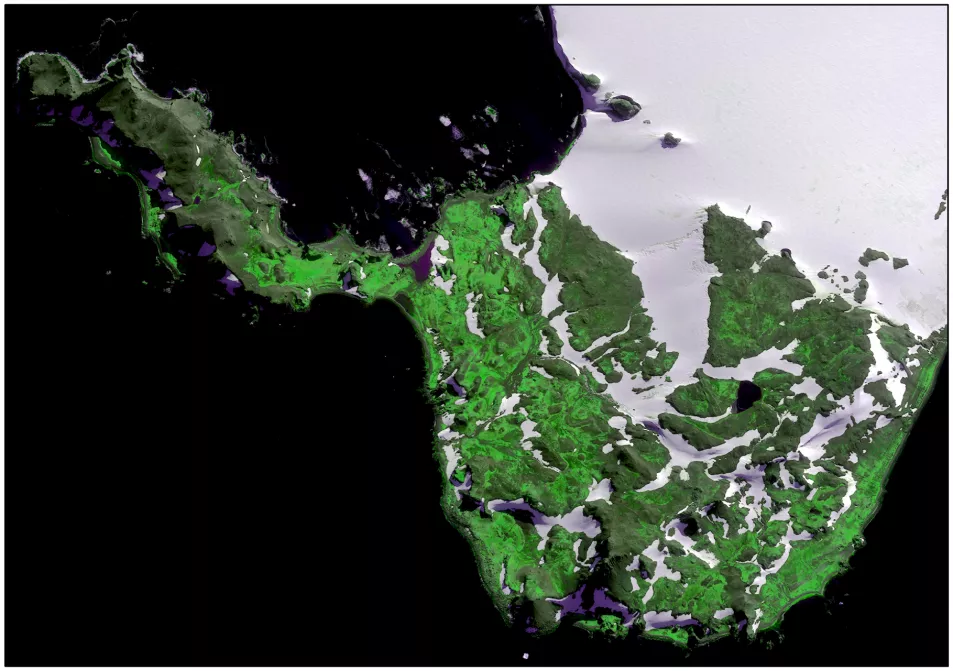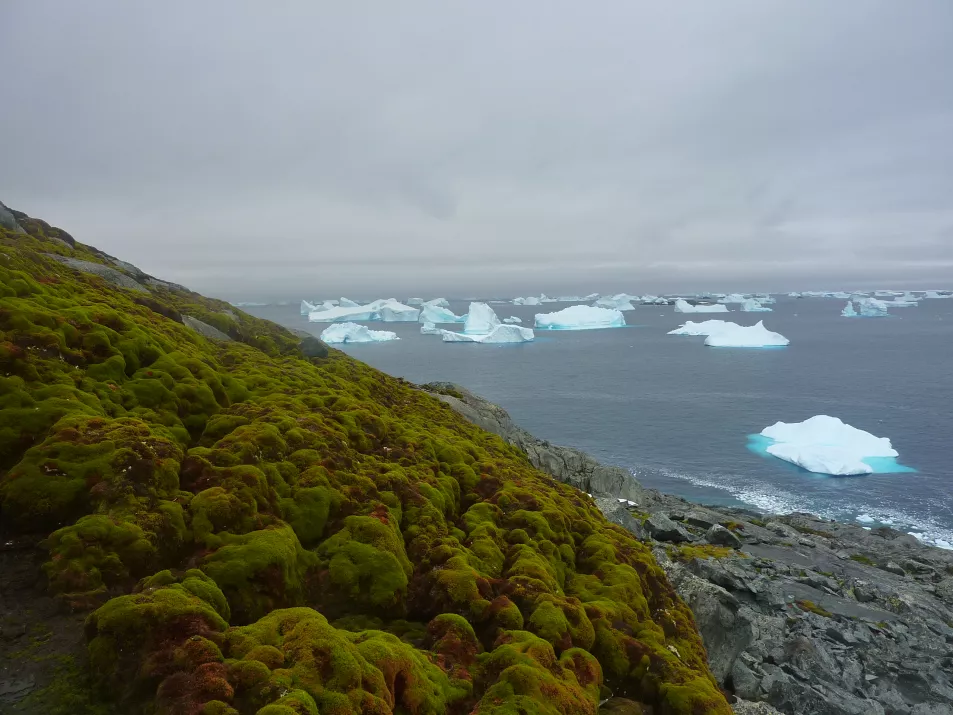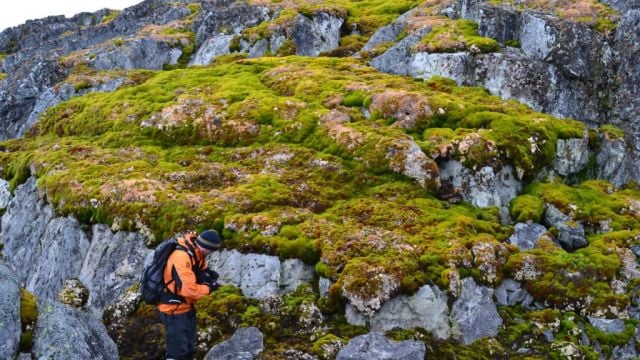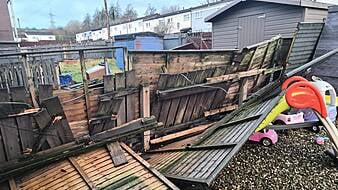Parts of Antarctica are turning green faster than expected with vegetation cover in these areas now 10 times more than it was four decades ago, scientists have said.
The Antarctic Peninsula – a 1,300km stretch of land in the northernmost part of the continent – could become vulnerable to invasive species as a result, UK researchers have warned.
The team said it was “shocked” by the rate at which vegetation cover is expanding in this region, with one area increasing from less than one square kilometre in 1986 to almost 12 square kilometres by 2021.
They said although the landscape is still almost entirely dominated by snow, ice and rock, with only a tiny fraction colonised by plant life, that “tiny fraction has grown dramatically”.
Satellite data also showed the greening rate at the Peninsula has accelerated by more than 30 per cent between 2016 and 2021.
The team said climate change induced by humans is a key contributing factor.

Dr Thomas Roland, from the University of Exeter, said: “If our study highlights yet another ‘canary in the coalmine’, then we’re fast running out of canaries.
“Our findings confirm that the influence of anthropogenic (human-induced) climate change has no limit in its reach. Even on the Antarctic Peninsula, this most extreme, remote and isolated ‘wilderness’ region, the landscape is changing and these effects are visible from space.
“It is clearer now than ever that we need we need meaningful action, co-operation and accountability on climate and environmental change. It’s time to stop playing politics with our planet’s future.”
The research published in the journal Nature Geosciences, was carried out by a team at the universities of Exeter and Hertfordshire and the British Antarctic Survey (BAS).
The researchers said that while the soil in Antarctica is almost non-existent, an increase in plant life will add organic matter and allow soil to form.
This could potentially pave the way for other plants to grow, they said.

Dr Olly Bartlett, from the University of Hertfordshire, said: “Many of the plants growing in this most extreme of environments are actually capable of colonising bare rock surfaces.
“These vegetated ecosystems, typically dominated by mosses, but also containing lichens, liverworts and fungi, are not new to the region … and have been present for over 5,000 years.
“So the fact that vegetation is present on the Antarctic Peninsula is not surprising at all. Rather, it is the rate at which that vegetation cover is expanding that has shocked us.
“One of the big concerns here is that this dramatic increase in vegetation will further develop and create new soils across the region, providing a medium in which non-native, and potentially invasive species can become established.”
Dr Roland said global warming could result in “fundamental changes to the biology and landscape of this iconic and vulnerable region”.
He said: “Our findings raise serious concerns about the environmental future of the Antarctic Peninsula, and of the continent as a whole.
“In order to protect Antarctica, we must understand these changes and identify precisely what is causing them.”







